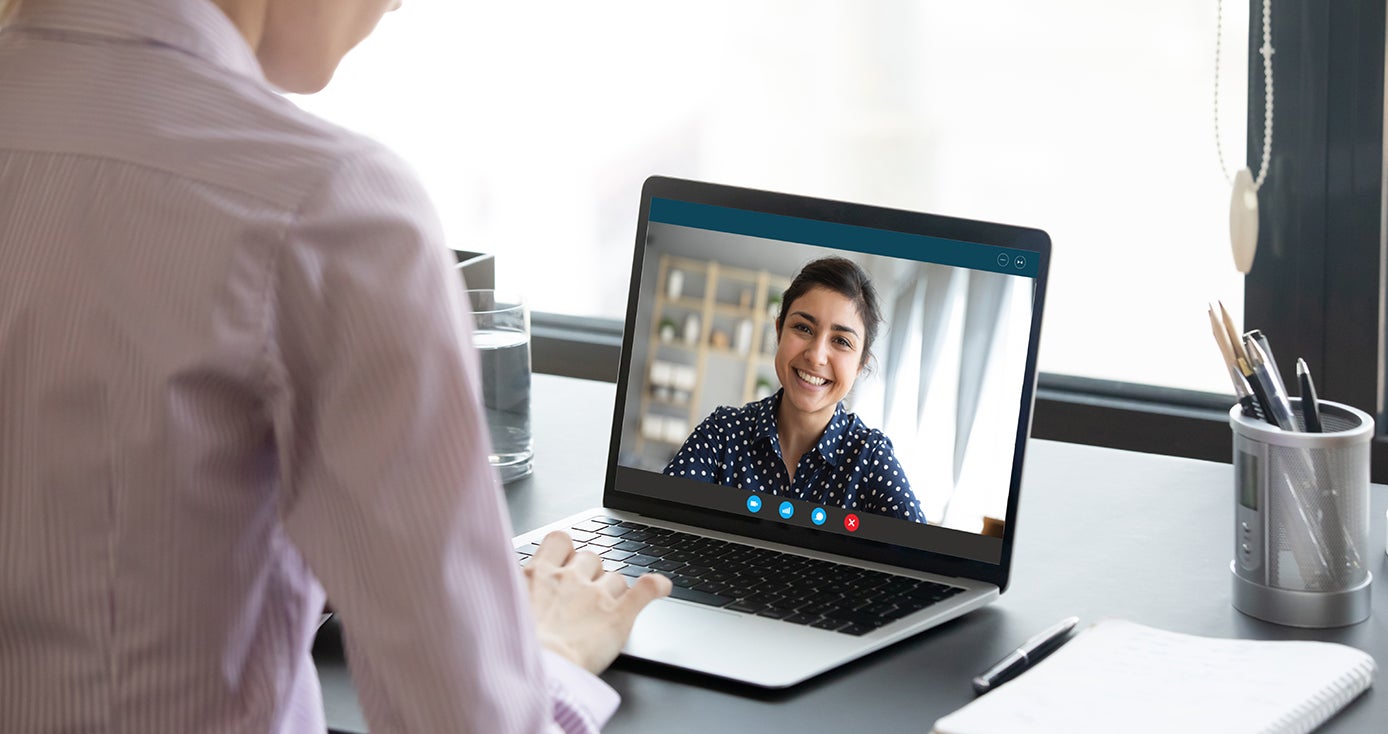
Subscribe to Pittwire Today
Get the most interesting and important stories from the University of Pittsburgh.What To Expect When You Call the Counseling Center’s Virtual Drop-in Hours
During a free virtual drop-in session with the University Counseling Center, any student— undergraduate, graduate and professional; full-time or part-time; on- or off-campus—can talk via Zoom with a Pitt staff clinician without a prior appointment.
There’s any number of reasons students might pick up the phone and make the call, whether it be a breakup or struggles with substance abuse, coping with grief or getting through a particularly rough week of classes. Even if you’re just feeling overwhelmed by the loneliness of pandemic life, the counselors are here for you. No issue is too big or too small.
“Mental well-being is like physical well-being. We need to take care of it,” said Bobbi Jo Witham, the counseling center’s interim associate director of clinical services. By talking with a clinical staff member, students can receive same-day, confidential support tailored to each individual’s situation.
She acknowledged that talking with a counseling clinician may be outside of some students’ comfort zones, but trying something different, she said, can often be the first step in getting better.
“We know that people can learns ways to cope and work through the pain that they are feeling,” she said. It’s about “having that hope that my well-being can be in my control, I can choose to call the counseling center, and this hope is that something positive will come out of those decisions.”
Interested? Here’s what you need to know about virtual drop-in hours.
Before you call: Check the time and your schedule
The counseling center’s virtual drop-in hours are 9 a.m. through 4 p.m. Monday through Friday. Virtual drop-in sessions can last about 30 to 45 minutes, and it’s possible to talk with a counseling center clinician within an hour of making the call, so keep that in mind when deciding to make the call in order to avoid conflicts with class or other commitments.
Please be in a confidential space
Are you in a place where you feel safe sharing personal information or answering questions that you’d rather remain private? Sometimes this may take a little creativity on the part of roommates (whether that be utilizing noise-canceling headphones or simply going for a walk).
Have some basic information on hand
Administrative staff will ask your name, contact information, PeopleSoft number and current address (where you are currently living, whether that be an on- or off-campus address, not the one on your state ID or driver’s license).
Call in and check your email
Now pick up your cellphone, call 412-648-7930 and let the answering administrative staff member know you’re calling for virtual drop-in hours. They will ask you for the information mentioned above in a short conversation.
After the quick phone call, staff will send you an email with a link where you’ll be asked some get-to-know-you questions to help give clinical staff an idea of your situation and overall wellbeing. Before you talk with a clinical staff member, the staff member will review the questionnaire and any other personal information the counseling center may have on file for you. Try to be open and honest; the more information you provide clinical staff in the online questionnaire, the better they can help address your needs.
As soon as you submit the online questionnaire and it is reviewed by an on-call clinician, the clinician will call your phone and ensure that you are still available to talk and are in a confidential space. If the answer to both questions is “yes,” the clinician will email you a Zoom link, and as soon as you open it, the virtual drop-in session will be underway.
Be ready for follow up
For some students, the clinician may recommend follow-up care. This could be anything from a follow-up Zoom check-in to group or individual counseling to connecting students with other resources.
It’s also important to note that staff members take student preferences (such as choice of counselor, including gender and/or ethnic background) into account and are willing to work with students to find the support that’s best for them. “We want to help students meet their needs, get help, feel better and be successful here at Pitt,” Witham said.
“It’s been a rough time for all of us, and we don’t want people to struggle by themselves. Reach out. We’re here to help students while we’re virtual.”



